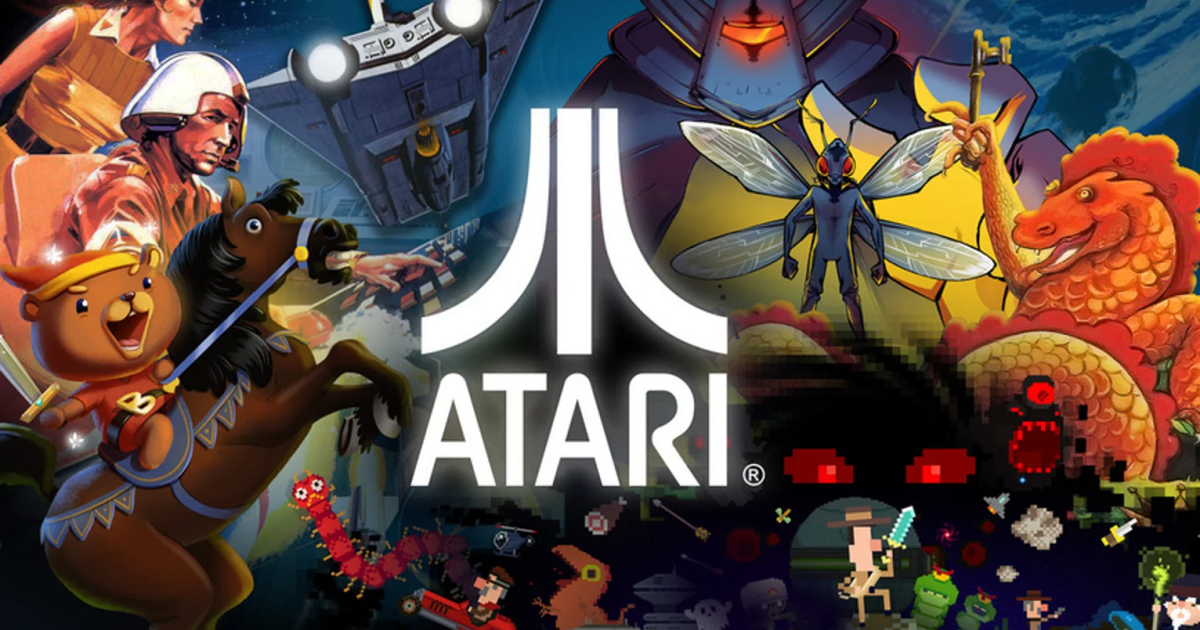UK studio Frontier Developments has reduced its revenue targets for the financial year, following the disappointing performance of its recent Warhammer title.
In an update to investors, spotted by Eurogamer, the company also said it is now refocusng on creative management simulations, which tend to deliver “stronger and more predictable returns” for Frontier.
The developer has three such titles due to release in the next three financial years: one each FY25, FY26 and FY27.
The decision follows the recent launch of Warhammer: Age of Sigmar – Realms of Ruin. While reviews were mostly positive, the company notes that sales have so far been “lower than expected” – although it is confident this will build over time with post-release content, including paid DLC.
Given the game’s sales struggles, the board of directors for Frontier no longer believes the company will meet its current revenue target of £108 million for the 2024 fiscal year.
Instead, it is targeting a range of £80 million to £90 million, although this outcome is depending on the sales across Frontier’s existing games.
This is the second time Frontier has lowered its financial expectations this year, following the underperformance of F1 Manager. The company also dropped its third-party publishing label Foundry.
The board still believes an adjusted EBITDA loss of around £9 million for the current fiscal year, as a result of the cost savings achieved through the organisational review – which will result in an unknown number of layoffs – announced last month.
It then expects Frontier to break even in fiscal year 2025.
“Frontier’s move to diversify its game portfolio during the last five years, including through third-party publishing and new games in ‘adjacent genres,’ has not delivered the anticipated success,” the company wrote.
As a result, Frontier will focus on management sims such as Planet Coaster, Planet Zoo and the Jurassic World Evolution games, which the company said continue to perform well and have each achieved revenues of over $100 million, with a combined total of over $500 million.
“All four games achieved profitability within one month of release and delivered over 100% return on investment within 12 months of release,” the company added.


